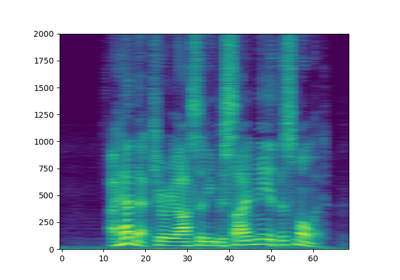ffmpeg_utils
Module to change the configuration of FFmpeg libraries (such as libavformat).
It affects functionalities in torchaudio.io (and indirectly torchaudio.load()).
get_log_level
- torchaudio.utils.ffmpeg_utils.get_log_level() int[source]
Get the log level of FFmpeg.
See
set_log_level()for the detailo.
get_versions
set_log_level
- torchaudio.utils.ffmpeg_utils.set_log_level(level: int)[source]
Set the log level of FFmpeg (libavformat etc)
- Parameters:
level (int) –
Log level. The larger, the more verbose.
The following values are common values, the corresponding
ffmpeg’s-logleveloption value and desription.-8(quiet): Print no output.0(panic): Something went really wrong and we will crash now.8(fatal): Something went wrong and recovery is not possible. For example, no header was found for a format which depends on headers or an illegal combination of parameters is used.16(error): Something went wrong and cannot losslessly be recovered. However, not all future data is affected.24(warning): Something somehow does not look correct. This may or may not lead to problems.32(info): Standard information.40(verbose): Detailed information.48(debug): Stuff which is only useful for libav* developers.56(trace): Extremely verbose debugging, useful for libav* development.

